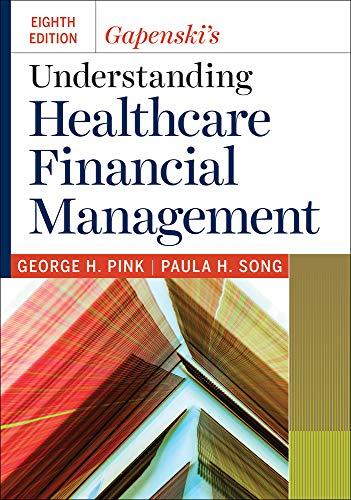Question
The hubris hypothesis suggests that managers continue to engage in acquisitions, even though on average they do not generate economic profits, because of the unrealistic
The hubris hypothesis suggests that managers continue to engage in acquisitions, even though on average they do not generate economic profits, because of the unrealistic belief on the part of these managers that they can manage a target firm's assets more efficiently than can that firm's current management. This type of systematic non-rationality usually does not last too long in competitive market conditions: Firms led by managers with these unrealistic beliefs change, are acquired, or go bankrupt in the long run. Are there any attributes of the market for corporate control that suggest that managerial hubris could exist in this market, despite its performance-reducing implications for bidding firms? If yes, what are these attributes? If no, can the hubris hypothesis be a legitimate explanation of continuing acquisition activity?
Step by Step Solution
There are 3 Steps involved in it
Step: 1

Get Instant Access to Expert-Tailored Solutions
See step-by-step solutions with expert insights and AI powered tools for academic success
Step: 2

Step: 3

Ace Your Homework with AI
Get the answers you need in no time with our AI-driven, step-by-step assistance
Get Started


